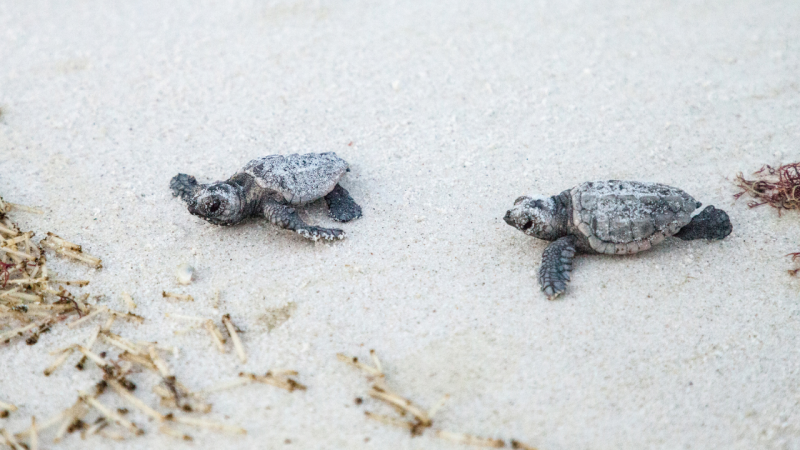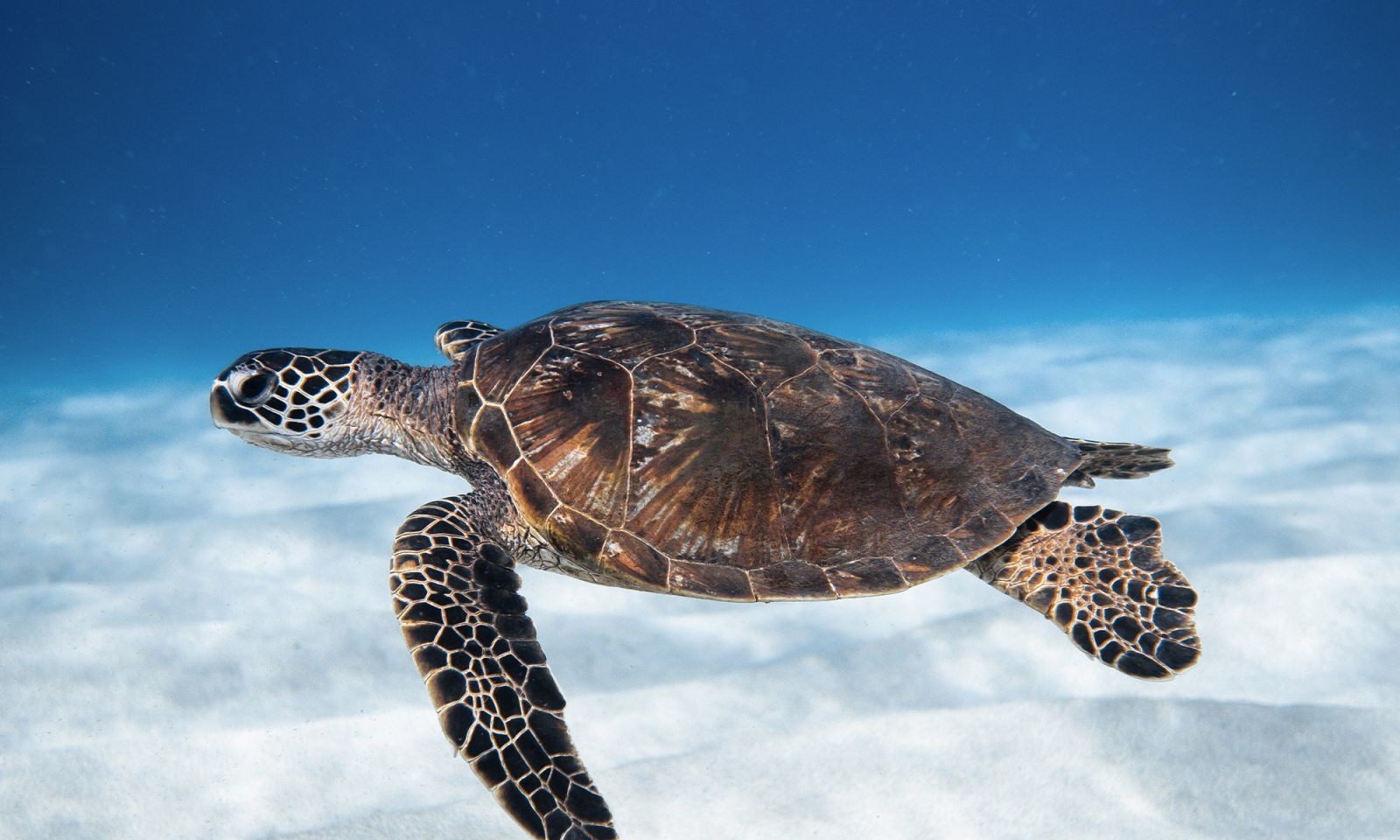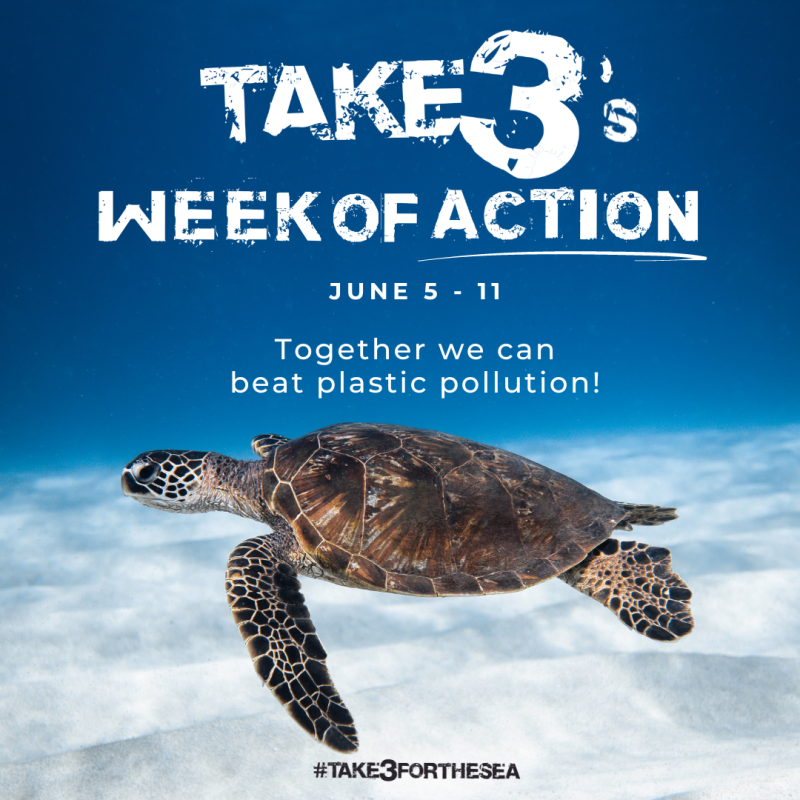Good reasons to be optimistic about the oceans on World Ocean Day!
Each year on June 8, World Ocean Day rallies the world for ocean and climate action. The global organisation works in partnership with youth-focused organisations, zoos, aquariums and businesses in over 150 countries with the goal of uniting the world to protect and restore the ocean, ensuring the survival of marine species and the maintenance of a stable climate.
There are many reasons to worry about the ocean. Climate change is having an impact – the waters are warming and acidifying which is affecting the plants and animals that call the ocean home, most notably coral reefs. Overfishing is still rife in some places, despite laws and agreements designed to manage it. Many marine species are now endangered, thanks largely to human intervention. And, of course, there’s plastic pollution…
But for all the bad news, there are a host of reasons to feel optimistic about the future of the ocean. Here are just a few:
The Smithsonian reports that most sea turtle populations are growing in number, thanks to widespread protections on both land and sea. For example, the number of green turtle nests in Florida grew from just 62 in 1979 to an amazing 37,341 in 2015.

Likewise, since the start of the international moratorium on commercial whaling in the 1980s, the Royal Society reports that many whale populations have rebounded. For example, the population of humpback whales in the western South Atlantic, which fell to just 450 individuals in the 1950s, now numbers 25,000 – close to the number thought to have existed before hunting started.
Another success story is that of mangroves – the coastal plants that are vital for storm protection, biodiversity and carbon storage. These were in decline around the world due to urban expansion and development, pollution and other human activities. But concerted efforts to regenerate mangrove forests are underway in many places and are making significant progress. In Vietnam’s Mekong Delta, for example, a research study reveals that 1,400 km2 of mangrove forest have been restored and are virtually indistinguishable from the forest that was destroyed during the Vietnam War.
Crucial for the long-term welfare of the ocean are marine protected areas (MPAs). These are sections of the ocean that are set aside to protect ecosystems and conserve marine diversity. Human activities, such as fishing, mining or drilling for oil are usually prohibited in MPAs, though this varies from region to region. To date, about 8% of the ocean has been protected in this manner.
This brings us to the best ocean news of all: after two decades of discussion, the United Nations has agreed on a treaty to protect those parts of the ocean outside national boundaries. The treaty will provide the legal framework for establishing vast MPAs that will help reduce the loss of wildlife, reverse acidification and share out the genetic resources found in the world’s oceans. The treaty will ensure the viability of the ‘30×30’ pledge made at COP15 in Montreal last year as part of the Global Biodiversity Framework that aims to reverse biodiversity loss, restore ecosystems and protect indigenous rights by protecting a third of the planet for nature by 2030.
For all the good news stories – and there are many more than those mentioned above – vigilance is still needed. The ocean remains susceptible to a range of threats, including global warming, resource extraction, urban development and pollution. But if the resurgence of whales and turtles, and the regeneration of mangrove forests tell us anything, it is that we have the power to reverse the damage done by humans and protect the ocean for generations to come.
What can I do?
Everyone can make a difference. Join our Week of Action and make one simple lifestyle change to reduce your plastic footprint, and do not forget to Take 3 wherever you are…#Take3fortheSea
REFERENCES
https://oceanexplorer.noaa.gov/facts/climate.html
https://www.bbc.com/news/science-environment-56430542
https://worldoceanday.org/happy-headlines-of-feburary-2023/
https://www.frontiersin.org/articles/10.3389/fmars.2022.1043943/full





